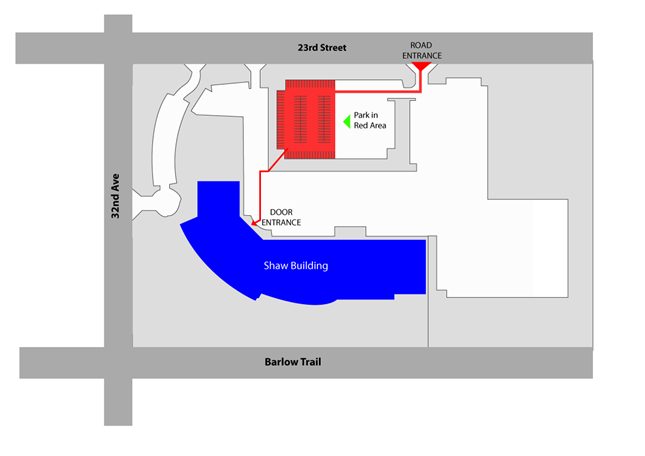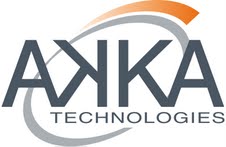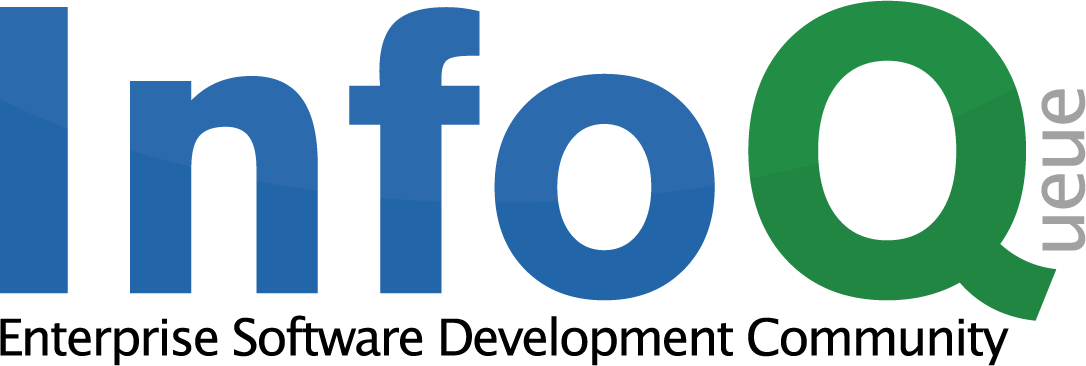
Jon Stahl
Executives Practicing Agile
Jon co-founded LeanDog after 18 years of experience providing IT leadership in both Fortune 500 and start up organizations. His passion is eliminating waste, optimizing the performance of IT teams and helping organizations become lean and agile. Jon provides hands on experience in organizational transformations to Agile and Lean practices. He openly shares his learning’s at conferences and meet-ups. His office is a boat that he shares with the Cleveland tech community, hosting 12 Tech meet-ups a month. He helps organize events such as IgniteCleveland, Cleveland Startup Weekend & Cleveland GiveCamp. He received his degrees from Ohio State University.
Agile is becoming mainstream, grass root teams are not the only way that Agile is getting introduced. Senior Management wants to understand how to implement Agile-Lean from the top down. It’s important that they can “See the Whole” and can start practicing the culture they wish to create. People who are already on the journey may need a more cohesive view and better feedback loops as to where they are and what challenges they are facing.
This talk will share some agile techniques, applied in a new way, to help organizations understand their constraints so they can transparently carry forward their journey to becoming Agile & Lean. We will cover topics such as customers, projects, applications, people, leadership, & financials. We will propose some guiding principles for PMO’s to help support this journey that can be applied to Agile & Waterfall approaches.
Mike Griffiths
Teaching Agile PM to Traditional PMs: Lessons Learned and Recurring Resistance
Mike’s knowledge of agile methods is extensive; he was involved in the creation of the agile method DSDM in 1994 and has been using agile methods (Scrum, FDD, XP and DSDM) for the last 16 years. He is active in both the agile project management community and traditional PMI-based circles. He served on the board of the Agile Alliance and the Agile Project Leadership Network (APLN); he was also a contributing reviewer to the PMBOK v3 Guide. Mike maintains the award winning leadership and agile project management blog “Leading Answers” at www.LeadingAnswers.com.
This presentation highlights the lessons learned from helping project managers adopt agile methods, along with the common pitfalls and areas of resistance faced when making the switch. If you are using, or considering using agile methods then this fast paced review of the ups and downs of agile adoption will be of interest.
Éric Laramée
The Un-Lean Product Backlog
Eric began writing software on the amazing VIC-20 at the tender age of 13. Almost three decades later, he's still having a blasts! Throughout his career he has acquired numerous valuable skills as a programmer, analyst and project manager and also holds a bachelor's degree in psycho sociology. Eric's wide-ranging experiences come together to form an effective tool box for coaching teams on how to deliver high quality software that answers exactly to the client's needs. As a trainer, ScrumMaster and Agile coach, Eric has had the good fortune to work with motivated individuals and teams from various industries such as gaming, insurance and avionics. Allowing people to take pride in their work is Eric's ultimate goal on the road towards continuous improvement.
How do you make visible ALL the work needed to get a project done and the product in front of the user in a large organization? This talk will discuss why the traditional product backlog may not be enough and how an innovative strategy for “polluting” and “cleaning” the backlog may provide the answer.
Gerard Meszaros
Agile Test Automation Strategy for the Non-Technical
Gerard Meszaros is an independent software development consultant and trainer with 20+ years experience in software and over a decade of experience in agile methods. He is an expert in test automation patterns, refactoring of software and tests, and design for testability and has applied automated unit and acceptance testing on projects ranging from full-on eXtreme Programming to traditional waterfall development in wide range of industries. He is also a leading expert in the implementation and customization of agile methods such as Scrum, Lean and eXtreme Programming and has been one of the early proponents of including User/Usage Centered Design (UxD) practices on agile projects. He has been a frequent presenter of papers and tutorials at major conferences such as Agile 200x, OOPSLA, JAOO and SD West/Best Practices. His book xUnit Test Patterns – Refactoring Test Code was published in May 2007 by Addison Wesley in the Martin Fowler Signature Series and won a Jolt Productivity Award in the Best Technical Book category.
Agile leaders and team members need to understand the critical role automation plays in achieving agility. Do we really need automated unit tests? Why? And how about system/functional/story tests? What role do they play? Who should write them, and when? How do we earn back the cost of all this test automation? And how do we do it if we have a lot of legacy code? This tutorial answers these questions in terminology the typical non-coding manager, architect or tester can understand. It also lays out several test automation strategies and points out their strengths and weaknesses.
Stelios Pantazopoulos
Project Vital Signs
Stelios is a Lead Consultant with ThoughtWorks. He has 13+ years of IT professional services experience on 20 different projects. His roles have included Project Manager, Iteration Manager, Quality Management Lead and Developer. He has spoken at the Agile 2008, Agile 2010, Agile Tour Toronto 2009 and TesTrek Toronto 2009 conferences.
In order to foster trust and credibility between a project team and its stakeholders, the team has a responsibility to clearly communicate the health of the project. As the leaders of a project, we can apply the metaphor of medical care and their use of “vital signs” to help form a holistic view of the state of the project. Come learn the five “Project vital signs”, their associated quantitative metrics and how to enable a team to effectively use them as a tool to diagnose and treat project health problems.
Mike McCullough
Leveraging Games and Simulations for Agile Coaching and Training
Michael McCullough is Senior Technical Director with Quadrus, and founder of TastyCupcakes.com, an online toolkit of games and Simulations for Agile coaches and trainers. Michael is an experienced Agile coach and trainer and has helped many organizations and teams across North America with the adoption and application of Agile. Michael has developed and used games and simulations for many years and brings with him a deep understanding of how and why they work. Michael also helped organize the first conference focusing on Agile games with Deep Agile in Boston this year.
This fun and interactive session will focus on applying games and simulations as a means to experience, learn and internalize Agile principles and practices. Experience and discuss the application of games and simulations to enable learning and application of Agile principles and practices. This interactive session will focus on how games can be an effective technique for Agile coaches and trainers to communicate complex ideas and concepts. Michael will also discuss some best practices for running games and simulations in your organization.





 Ghent
Ghent Fortaleza
Fortaleza Calgary
Calgary Santiago De Chile
Santiago De Chile Beijing
Beijing Besançon
Besançon Belfast
Belfast Dublin
Dublin Haïfa
Haïfa Bengaluru
Bengaluru Osaka
Osaka Vilnius
Vilnius Luxembourg
Luxembourg Genève
Genève Philadelphia
Philadelphia













 I like AgileTour
I like AgileTour







